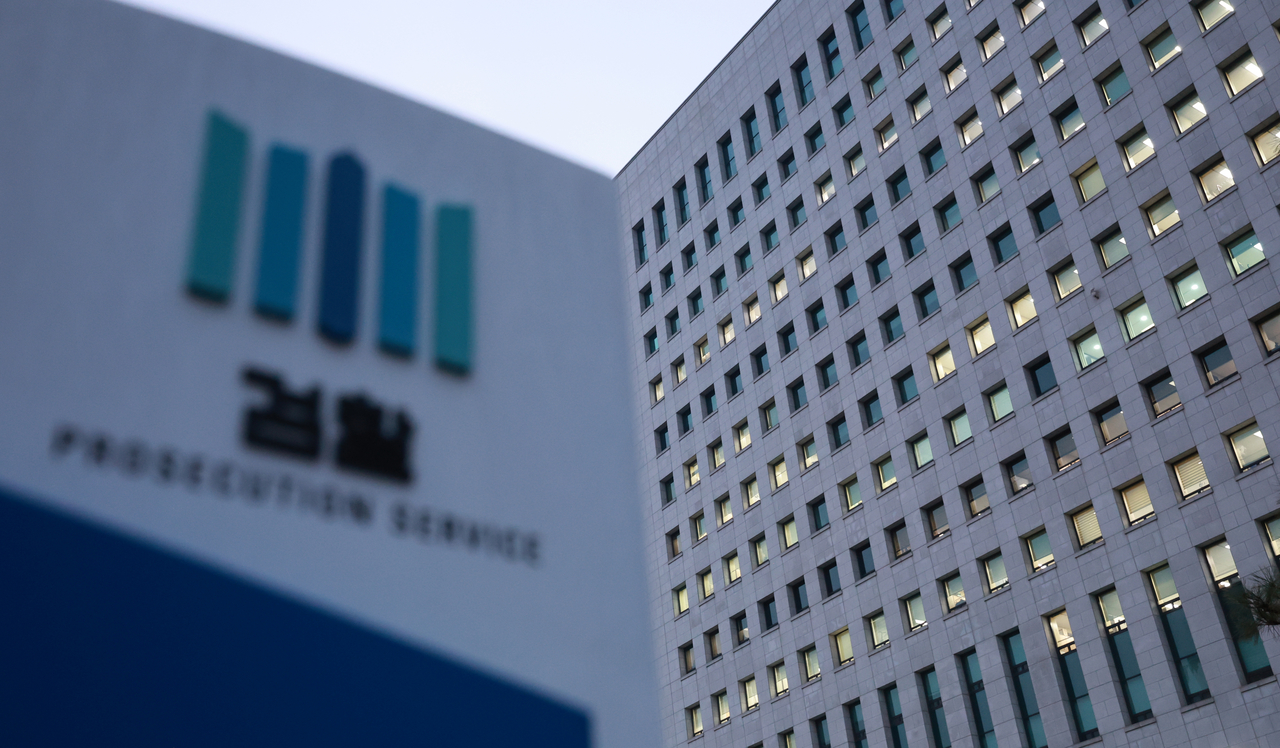
Prosecutors decided to release suspended President Yoon Suk Yeol from custody on Saturday afternoon despite the organization being heavily divided over the matter, according to a report in Yonhap News, Saturday.
The move to comply with the Seoul Central District Court’s decision that ruled in favor of Yoon’s request to cancel his detention, rather than appeal it, is mainly to avoid the risk of being accused as “unconstitutional,” some observers say.
“The Constitutional Court in 1993 and 2012 ruled that prosecutors’ moves to file immediate appeals regarding the suspension of carrying out detention and bail decisions, respectively, as violations of the Constitution,” Kim Seon-taek, a constitutional law professor at Korea University School of Law, said via phone.
“What Yoon filed is a request to cancel his detention, which is different from the previous two requests. Yet, it seems the prosecution wanted to avoid any risk of the Constitutional Court viewing its latest detention of Yoon as unconstitutional,” according to him.
The Supreme Prosecutors Office on Saturday indirectly cited these past rulings of the Constitutional Court as the reason behind their latest decision not immediately to appeal the Seoul Central District Court’s ruling.
“We have decided not to file an immediate appeal, considering the Constitutional Court’s decision, which reflects its view that the current Criminal Procedure Act blocks immediate appeals for detention due to a bail decision or a suspension of the execution of detention…Coupled with (our respect) for the country’s warrant system,” the top prosecutor’s office said in a statement on Saturday.
Due to the Constitutional Court rulings, the related clauses of the Criminal Procedure Act were amended separately in 1995 and 2015 to ban prosecutors from filing immediate appeals of bail decisions and suspensions of the execution of detention.
Still, prosecutors were allowed to file an immediate appeal against Yoon’s request, as Article 97 of the Criminal Procedure Act stipulates that “the prosecutor concerned may file an immediate complaint against a ruling to cancel detention.” Prosecutors have seven days to file an immediate appeal against court rulings that approve a detainee’s request to cancel his or her detention.
Kim also highlighted that the prosecutors aimed to avoid any controversy surrounding the timeframe of the Corruption Investigation Office for High-ranking Officials’ detention of Yoon and the prosecution’s indictment.
The Seoul Central District Court said investigators from the CIO and the prosecution "illegally divided the detention period without any legal grounds," and that both entities also "failed to follow the procedure for custody transfer as mandated when transferring the custody of the defendant from one organization to another."
The CIO transferred Yoon's case to the prosecution on Jan. 23, as the prosecution holds the authority to indict the president.
The CIO rejected the court's interpretation that the indictment occurred after the legal 10-day detention period had expired, maintaining that Yoon’s detention complied with legal procedures.
After Yoon was arrested and taken into custody by the CIO on Jan. 15, the agency claimed that the initial 10-day detention period was extended to Jan. 27, 12 days later, as, using the usual standard of counting days, they had deducted time spent on reviewing Yoon’s request concerning the legality of his detention on Jan. 16, and a hearing prior to Yoon’s formal arrest on Jan. 18.
Yoon's request to cancel his detention was based on counting the same period in hours, however.
Suspended President Yoon was released from the Seoul Detention Center, located in Uiwang, south of Seoul, on Saturday, 52 days after he was detained on charges of leading an insurrection.
mkjung@heraldcorp.com




